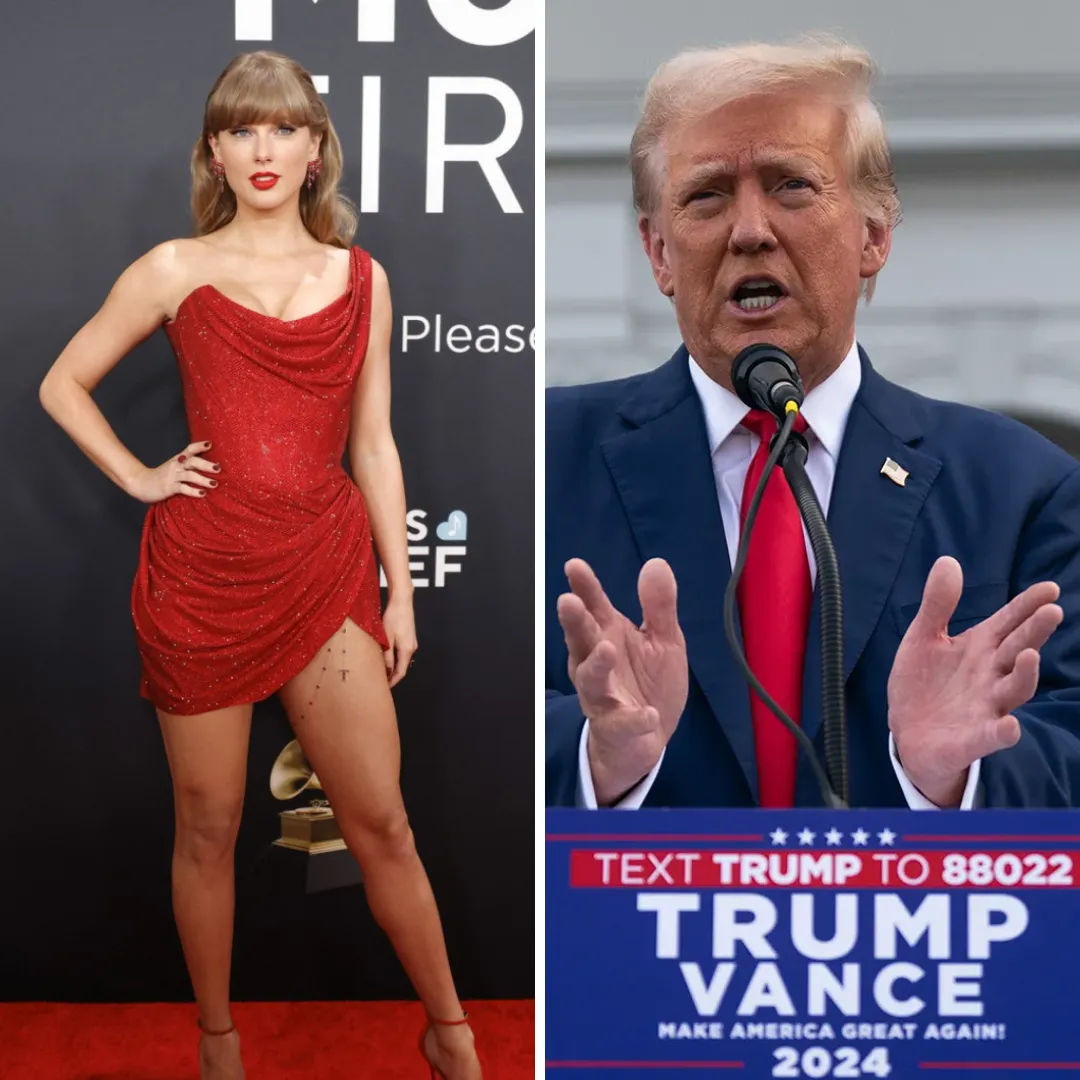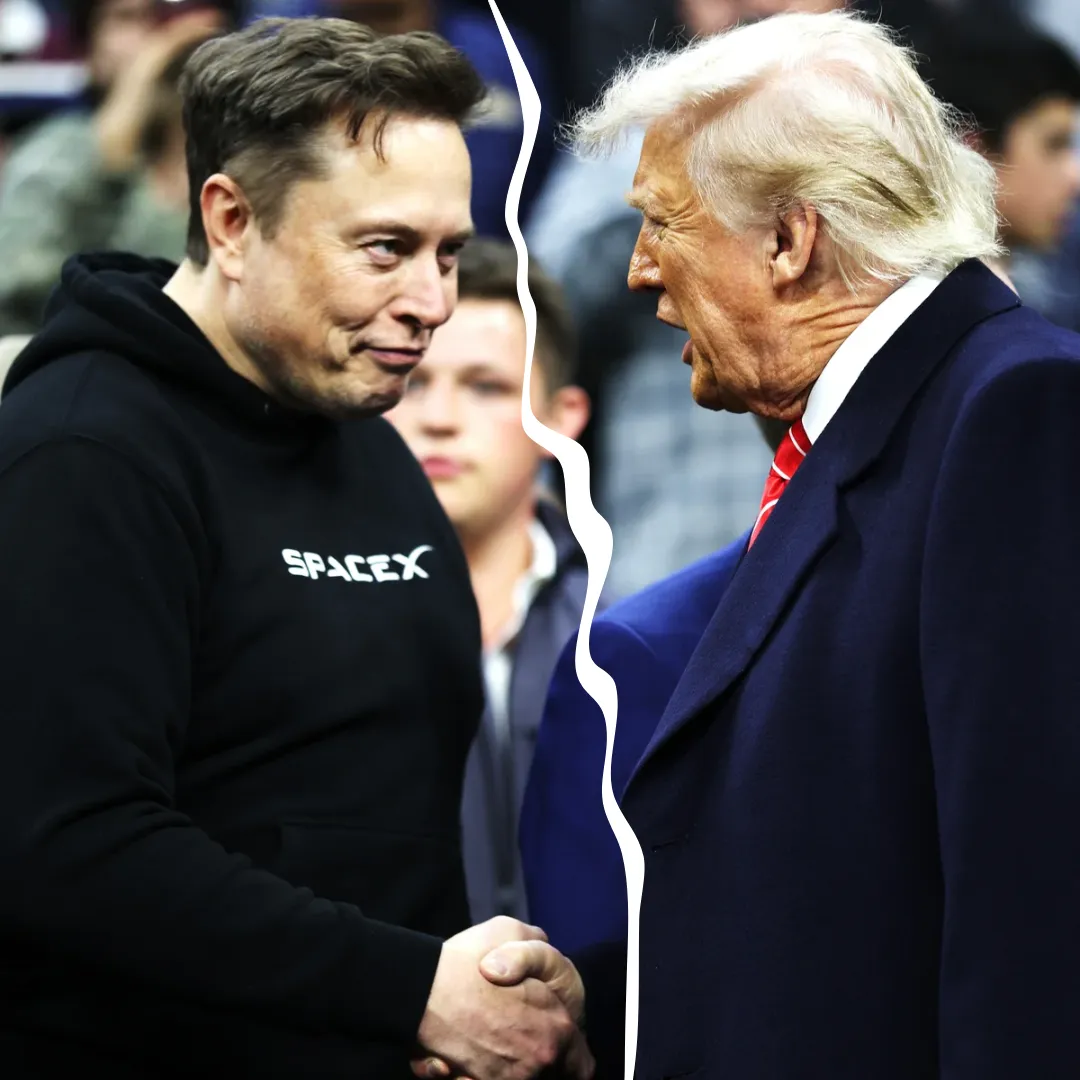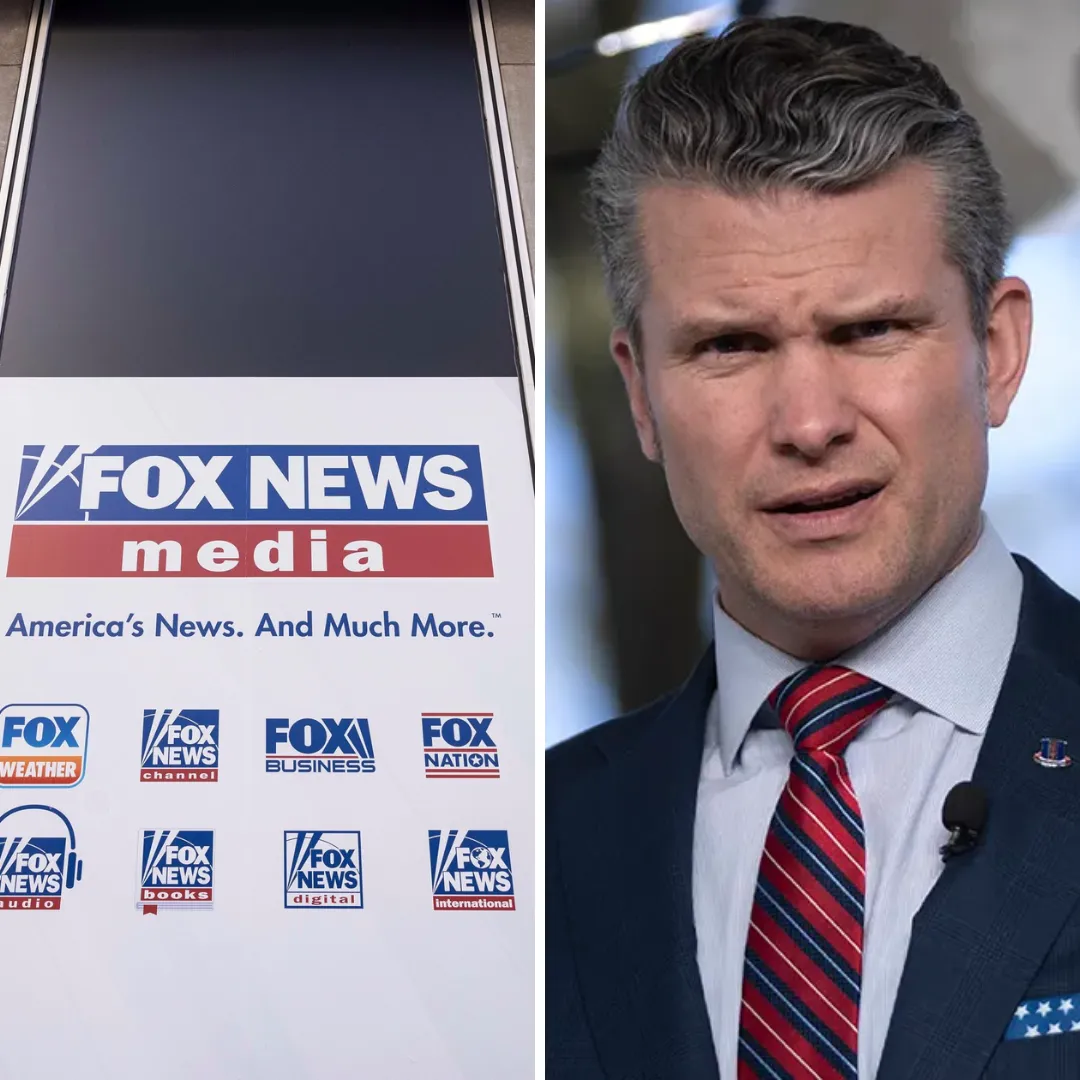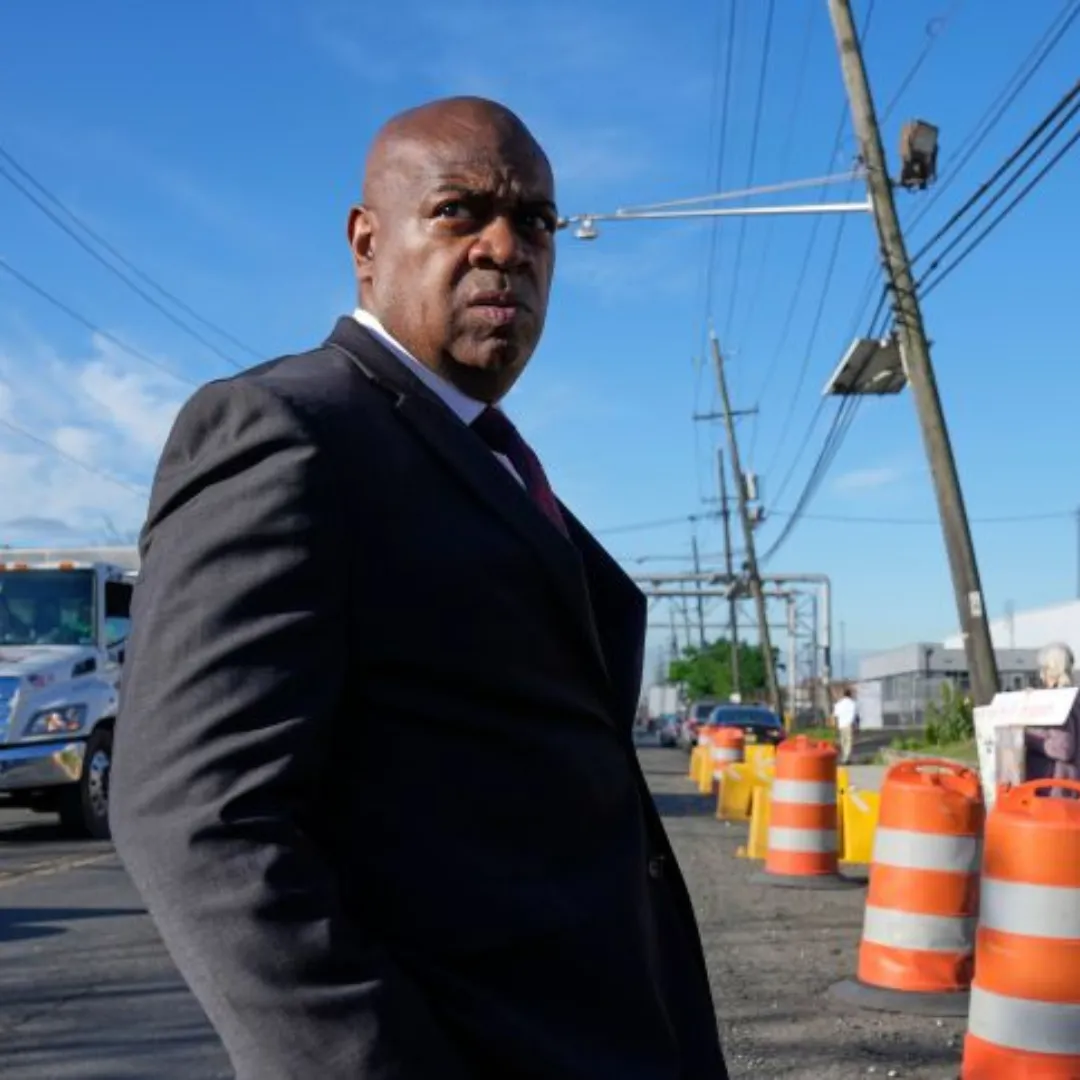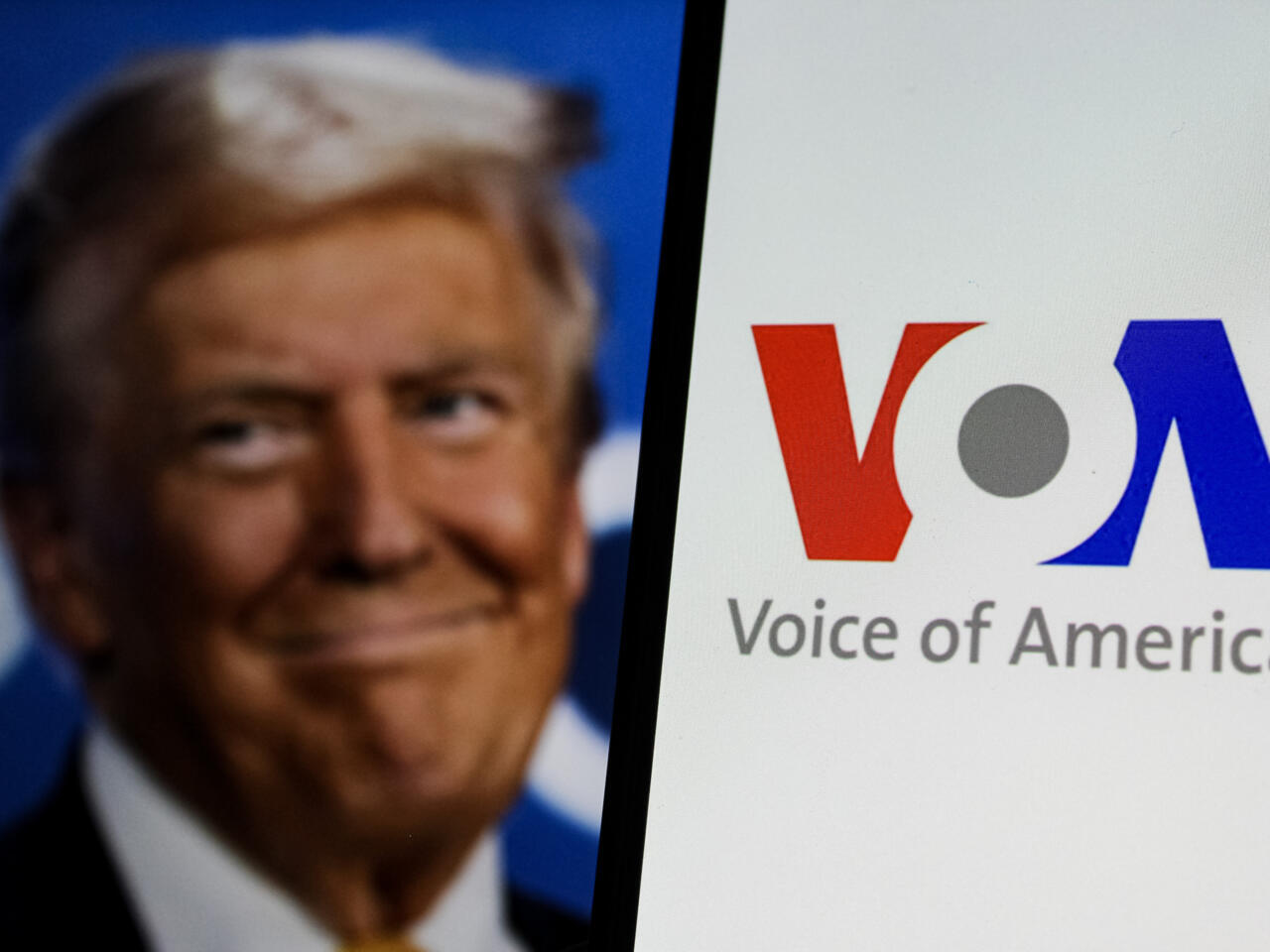
Pedro Spivakovsky-Gonzalez grew up hearing stories of how his father and grandparents would huddle around a radio in the former Soviet Union, straining to catch the faint broadcast of Voice of America through waves of government jamming.
Funded by the United States and beamed in from across the Iron Curtain, VOA wasn’t just a news outlet to them — it was a lifeline. A glimpse into a world that didn’t bow to propaganda, a signal from a nation that stood as the “beacon of freedom” for millions living under authoritarian regimes.
But decades later, that beacon is dimming. And for Spivakovsky-Gonzalez, now a U.S. citizen, hearing that President Donald Trump’s administration is actively dismantling the very agency that once empowered his family felt like a punch to the gut.
“It was a window into another world,” he said. “They looked to it as a sort of beacon of freedom. They were able to imagine a different world from the one they were living in.”
Under Trump’s second term, the United States has launched an aggressive rollback of its global democracy promotion apparatus. The White House has moved swiftly to gut the U.S. Agency for Global Media — which oversees Voice of America, Radio Free Europe/Radio Liberty, and Radio Free Asia — slashing its personnel, budget, and autonomy.
Simultaneously, the administration has restructured the State Department to eliminate its democracy office and drained the U.S. Agency for International Development (USAID), which had only recently expanded its efforts to fight democratic backsliding around the world.
Taken together, these moves represent a seismic retreat from America’s long-held role as a champion of democracy abroad, a role embraced by both Republican and Democratic presidents since the Cold War. Experts say the unraveling of these institutions will leave a void in global civil society, weakening efforts to challenge authoritarian regimes and undermining America’s credibility as a voice for freedom.
“The United States has historically been the leading power in spreading democracy globally. Despite different administrations, that has remained the case — until now,” said Staffan Lindberg, a political science professor at Sweden’s University of Gothenburg. “What we’re witnessing is not a policy shift. It’s a fundamental ideological break from America’s democratic mission.”

Among the casualties is the U.S. Agency for Global Media, whose networks have brought uncensored news to repressive countries for over 80 years. During World War II, it broadcast into Nazi Germany. During the Cold War, it reached Soviet citizens. And in modern times, it has remained one of the few information lifelines for citizens in Iran, North Korea, and China. By 2024, the agency was reaching over 427 million people in 49 languages every week.
But under Trump, this powerful communications platform has been gutted. In March, the administration effectively shut down Voice of America via executive order. Journalists were pulled off the air. Editorial independence was rescinded.
A court order that briefly promised to reverse the shutdown was paused by a federal appellate court, leaving the outlet’s future in limbo. Meanwhile, the administration agreed to begin broadcasting segments from the far-right One America News (OAN) on VOA and its affiliate networks — a move seen by many as a politicization of an institution long respected for its neutrality.
For people like Lisa Brakel, a 66-year-old retired librarian from Michigan who once relied on VOA broadcasts while living in Kuwait during the 1980s, the decision was deeply unsettling.
“When I saw the news, I thought, ‘No, they can’t shut this down. Too many people depend on that,’” Brakel said. “As a librarian, any cuts to free access to information deeply concern me.”
The erosion of America’s democracy promotion infrastructure hasn’t stopped at public broadcasting. Trump’s budget cuts have slashed funding for the National Endowment for Democracy, the National Democratic Institute, the International Foundation for Electoral Systems, and dozens of U.S. nonprofits that have long supported civil society around the world. The Treasury Department has also frozen key funds for these institutions.
Secretary of State Marco Rubio — now serving as Trump’s top diplomat — announced in April that he would permanently close a State Department office dedicated to building “more democratic, secure, stable, and just societies.” Rubio defended the decision as a cost-cutting measure, but experts say the move effectively eliminates the diplomatic muscle behind the U.S.’s decades-long effort to support emerging democracies.
David Salvo, managing director for the Alliance for Securing Democracy at the German Marshall Fund, called these decisions a “wholesale abandonment” of values that have guided American foreign policy for over half a century.
“For 50 years, democracy promotion wasn’t just a moral imperative. It was a strategic one,” Salvo said. “By investing in more democratic, accountable partners, the U.S. fostered global stability, peace, and economic growth. This isn’t charity — it’s smart power.”
The budget ax has fallen hardest on global democracy programs run through USAID. Just last year, under President Joe Biden, USAID launched a new global initiative to combat authoritarianism and reverse democratic decline. Today, that program is all but dead. Grants to support elections, human rights advocacy, and civil society groups in fragile democracies have been frozen or withdrawn.
At a recent House Foreign Affairs subcommittee hearing, Rep. Maria Salazar (R-Fla.) questioned the value of such investments, asking repeatedly how the U.S. could “ensure our return on investment is really high.”
According to the Pew Research Center, less than 1.2% of the federal budget went to foreign aid in fiscal year 2023 — a figure that includes all diplomatic and development assistance, not just democracy programs.
Tom Malinowski, a former Democratic congressman from New Jersey who served as assistant secretary of state for democracy, human rights, and labor under President Barack Obama, warned lawmakers that the administration’s cuts aren’t just trimming fat — they’re destroying the core mission.
“The problem is the administration is eliminating the basics right now,” Malinowski said. “We’re not reforming. We’re retreating.”
Uzra Zeya, the former Under Secretary of State for Civilian Security, Democracy, and Human Rights during the Biden administration and now head of the nonprofit Human Rights First, said the Trump-led dismantling of U.S. democracy and human rights programs is both “heartbreaking and alarming.”
“The potential long-term impacts are devastating for U.S. national security and prosperity,” she said. “Authoritarian regimes are watching closely. And they are cheering.”

In Asia, the stakes are especially high. Radio Free Asia, one of the key agencies now at risk, runs the world’s only Uyghur-language news service — a critical resource for documenting China’s genocide against the Uyghur population. It also operates the Asia Fact Check Lab, which exposes Chinese Communist Party misinformation. If shut down, millions in China, Myanmar, and North Korea could lose access to independent news.
Bay Fang, president of Radio Free Asia, wrote in a May op-ed that the agency’s work is “a moral imperative.”
“Their invaluable work is part of RFA’s responsibility to uphold the truth so that dictators and despots don’t have the last word,” she wrote in The New York Times.
The consequences of this retreat are not just theoretical. Experts fear the dismantling of U.S. efforts to combat authoritarianism will accelerate global democratic backsliding, already underway in dozens of countries.
Barbara Wejnert, a political sociologist at the University at Buffalo who studies democratization trends, said that American support was critical in fostering the post-Cold War boom in democratic governments.
“Especially today, when the truth is distorted and people don’t trust governments, spreading the notion of freedom and democracy through media is even more vital,” Wejnert said. “If we step back, others will fill the void — and those others won’t be interested in liberty.”
Indeed, Russia and China have ramped up their global influence campaigns, investing billions in state-sponsored propaganda through outlets like RT and CGTN. These efforts aim to reshape public opinion, undermine Western alliances, and present autocracy as a viable alternative to democracy.
As the U.S. steps back, they step forward.
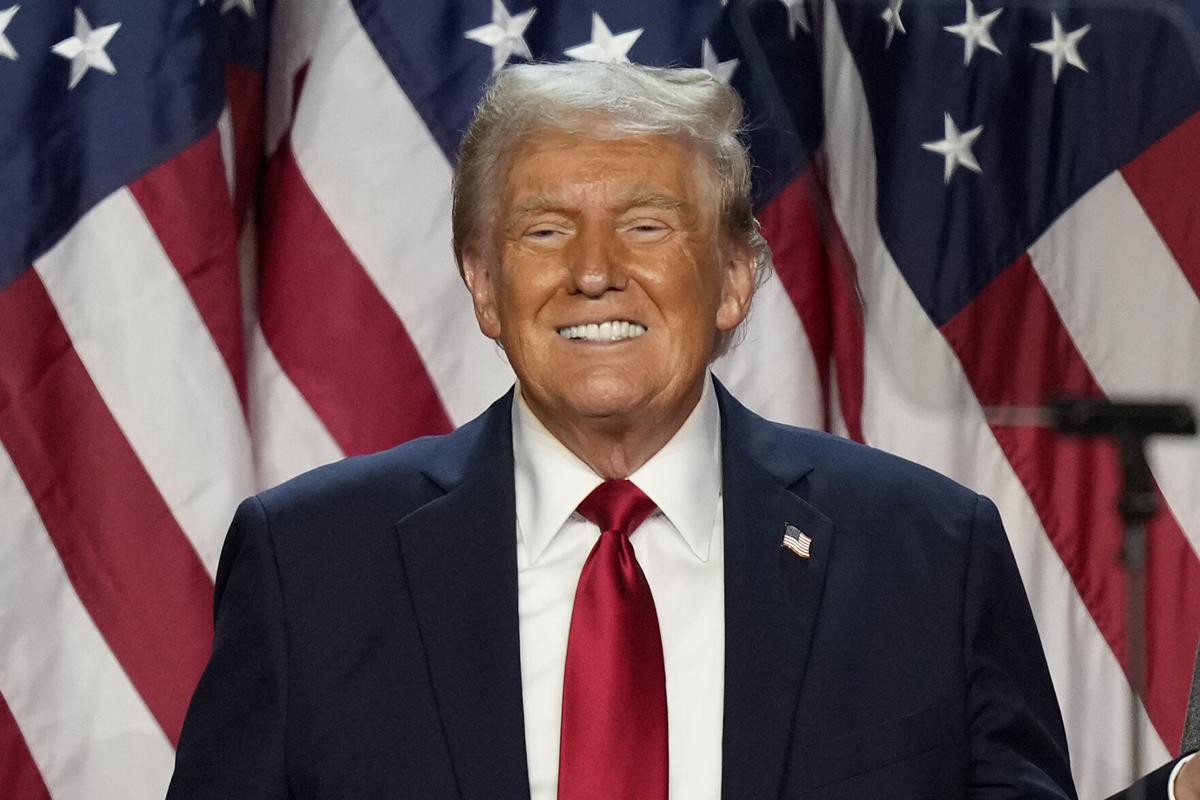
For millions around the world who once saw the U.S. as a beacon of democratic hope — the country that brought down the Iron Curtain and supported dissidents from Havana to Hanoi — the message is painfully clear: that light is flickering. And the silence on the airwaves may soon be louder than any broadcast.

